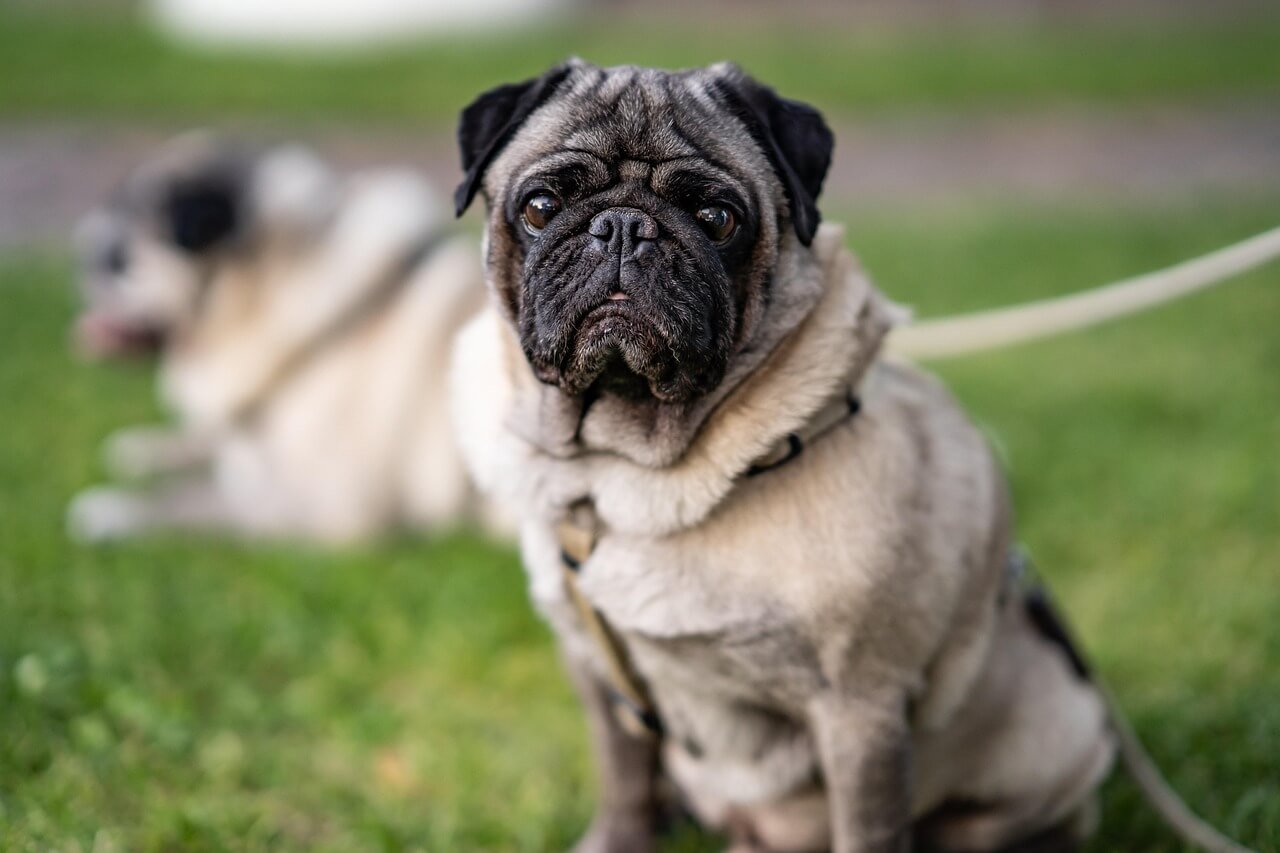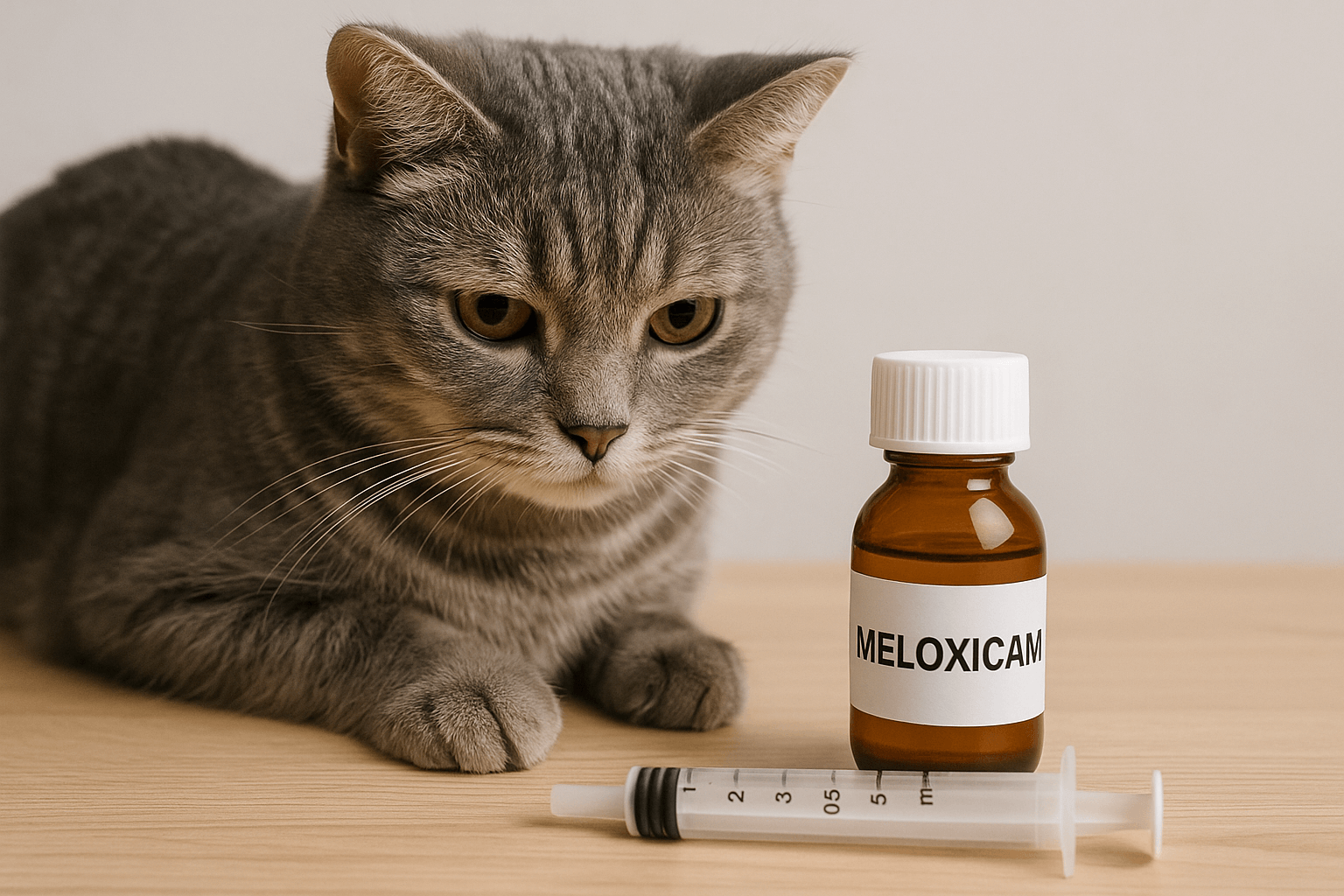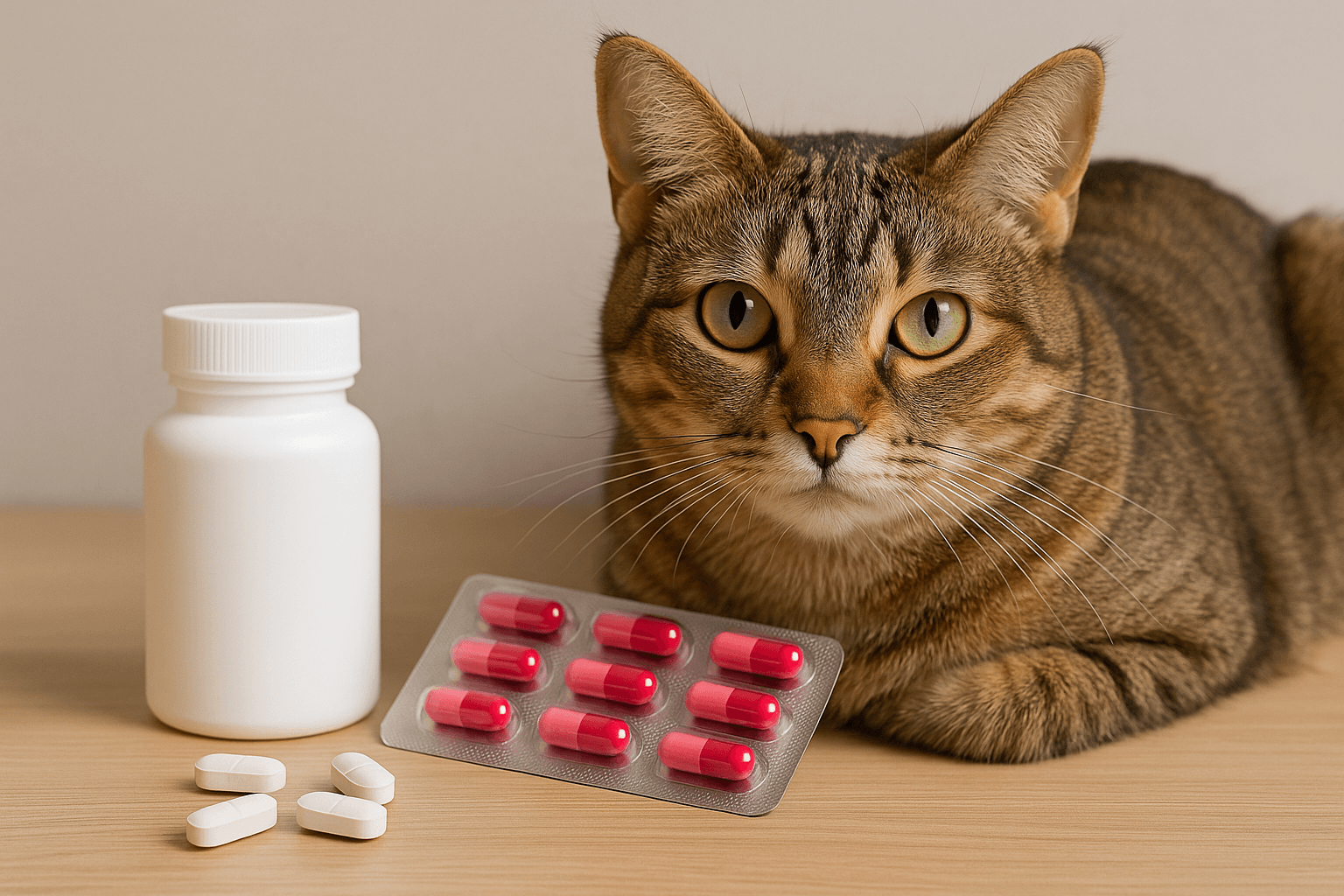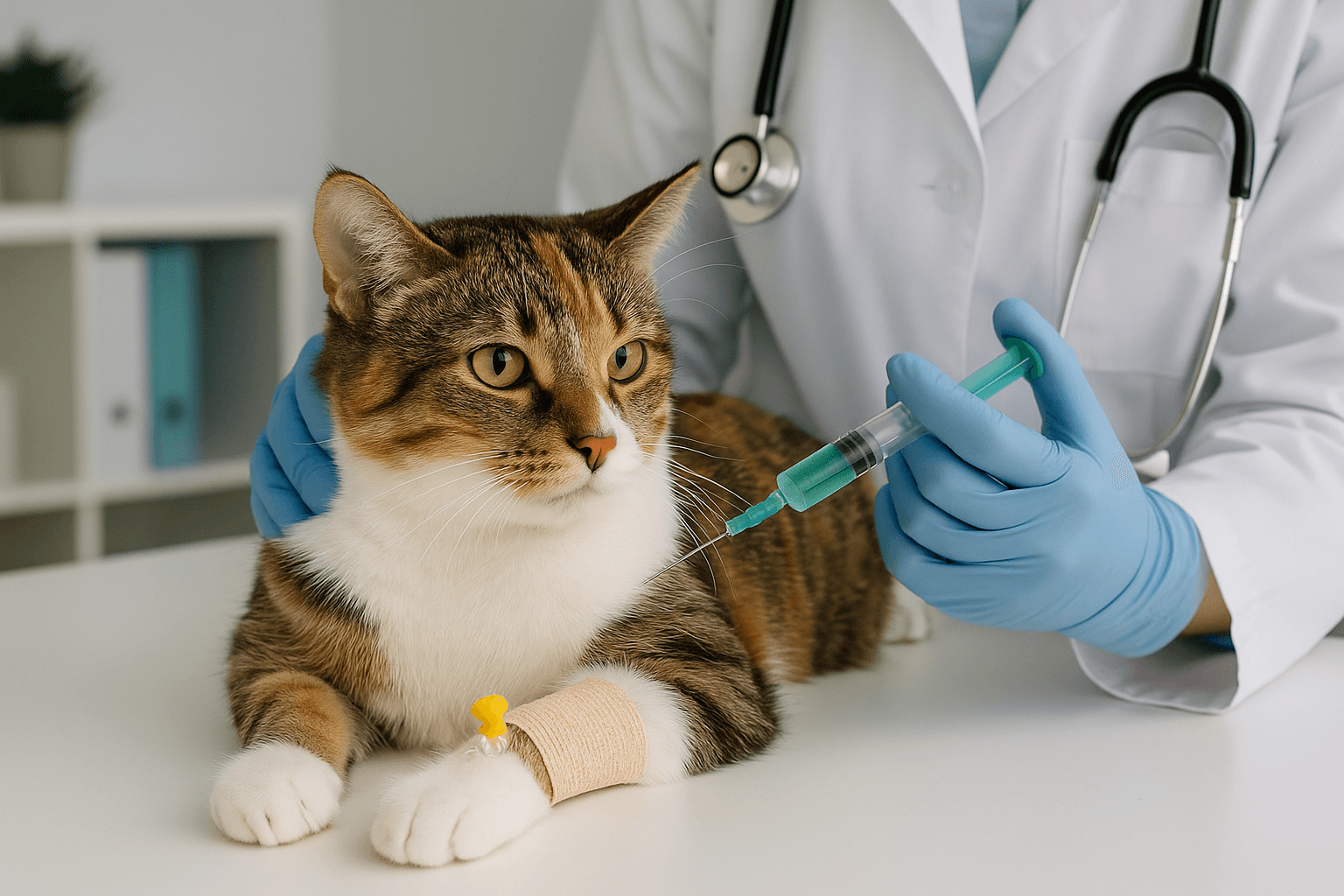Understanding Dog Mouth Cancer Life Expectancy: A Comprehensive Guide
When it comes to the health of our beloved four-legged companions, few things are as concerning as a cancer diagnosis. Mouth cancer in dogs is not only a serious condition but also one that raises many questions for pet owners. Among the most pressing concerns is understanding the life expectancy of a dog diagnosed with this illness. While every case is unique, gaining clarity on what to expect can help pet parents make informed decisions and provide the best possible care for their furry friends. In this blog post, we’ll explore the factors influencing life expectancy, treatment options, and steps you can take to support your dog through this challenging journey.
Factors Influencing Life Expectancy in Dogs with Mouth Cancer
When it comes to understanding how long a dog with mouth cancer may live, several factors come into play. These variables can significantly impact prognosis and help veterinarians provide more accurate guidance. Below are some key considerations:
Type of Cancer
Different types of oral cancers, such as melanoma, squamous cell carcinoma, or fibrosarcoma, have varying levels of aggressiveness and outcomes.Stage of Diagnosis
Early detection often leads to better treatment options and improved survival rates. Advanced stages may limit available interventions.Size and Location of the Tumor
Larger tumors or those located in hard-to-treat areas can complicate surgery and reduce life expectancy.Overall Health of the Dog
A dog’s age, immune system strength, and existing health conditions can influence how well they respond to treatment.Treatment Plan
Options like surgery, radiation, or chemotherapy can extend life expectancy, depending on how effectively they address the cancer.
Understanding these factors is crucial for pet owners navigating a cancer diagnosis. While each case is unique, awareness of these elements can help set realistic expectations and guide decision-making.
Common Symptoms of Mouth Cancer in Dogs
Recognizing the signs of mouth cancer early can make a significant difference in your dog’s prognosis. Unfortunately, symptoms may be subtle at first, making vigilance essential. Here’s a list of common indicators to watch for:
Bad Breath (Halitosis)
Persistent foul-smelling breath that doesn’t improve with dental care could signal an underlying issue.Swelling or Lumps in the Mouth
Visible growths or unusual swelling on the gums, tongue, or roof of the mouth should be evaluated by a vet.Difficulty Eating or Chewing
Reluctance to eat, dropping food, or chewing on one side of the mouth may indicate discomfort or pain.Excessive Drooling
Unusual amounts of drool, especially if tinged with blood, can be a warning sign of oral problems.Weight Loss
Sudden or gradual weight loss often accompanies advanced stages of mouth cancer due to reduced food intake.
If you notice any of these symptoms, scheduling a veterinary appointment promptly is critical. Early intervention can significantly improve outcomes and quality of life for your dog.
Check this guide 👉Understanding Follicular Cysts in Dogs: Best 7 Health Tips!
Check this guide 👉Understanding Black Fly Bites on Dogs: Best 7 Behavior Tips!
Check this guide 👉Understanding the Bullseye Spider Bite in Dogs: Best 7 Tips!

Symptoms to Watch For | Steps to Take |
|---|---|
Persistent bad breath | Schedule a vet check-up immediately |
Swelling or lumps in the mouth | Request a biopsy or imaging tests |
Difficulty eating or chewing | Offer soft foods and monitor eating habits |
Excessive drooling | Check for injuries or infections |
Unexplained weight loss | Discuss dietary changes with your vet |
Treatment Options for Dogs with Mouth Cancer
Once a diagnosis has been made, treatment becomes the next focus. The approach will depend on various factors, including the type and stage of cancer. Here are some common treatment options available:
Surgical Removal
If the tumor is accessible and localized, surgery may offer the best chance for remission.Radiation Therapy
This non-invasive option targets cancer cells while sparing surrounding healthy tissue.Chemotherapy
Often used for aggressive cancers, chemotherapy slows tumor growth and reduces symptoms.Palliative Care
In cases where curative treatment isn’t feasible, palliative measures aim to improve comfort and quality of life.Immunotherapy
Emerging treatments harness the dog’s immune system to fight cancer more effectively.
Each treatment has its pros and cons, and the best choice depends on your dog’s specific needs. Consulting with a veterinary oncologist can help tailor a plan that works best for your pet.
Ways to Support Your Dog During Treatment
Caring for a dog undergoing cancer treatment requires patience, love, and practical adjustments. Here are some ways to ensure your furry friend feels supported throughout their journey:
Provide Nutritious Meals
High-quality, easily digestible food helps maintain energy levels during treatment.Create a Comfortable Environment
Ensure your dog has a cozy space to rest and recover away from stressors.Monitor for Side Effects
Keep an eye out for signs of pain, fatigue, or adverse reactions to medications.Engage in Gentle Play
Light activities like short walks or gentle playtime can boost mood and mobility.Stay Positive and Present
Your emotional support plays a vital role in helping your dog stay calm and happy.
By focusing on these supportive measures, you can enhance your dog’s well-being and strengthen your bond during this challenging time.
The Emotional Toll of a Dog Mouth Cancer Diagnosis
A cancer diagnosis doesn’t just affect the dog—it also takes an emotional toll on pet owners. Understanding and addressing these feelings can help you stay strong for your furry companion. Here are some common emotions and ways to cope:
Anxiety About the Future
Uncertainty about treatment outcomes and life expectancy can lead to overwhelming worry. Focusing on small, actionable steps can help ease anxiety.Guilt Over Missed Symptoms
Many pet owners blame themselves for not noticing signs earlier. Remember, early symptoms can be subtle, and you’re doing your best now.Grief During Treatment
Watching your dog undergo treatment can feel heartbreaking. Lean on loved ones or support groups to share your feelings.Hope as a Source of Strength
Celebrating small victories during treatment can provide motivation and positivity.Bonding Through Care
Providing extra care strengthens the bond between you and your dog, creating cherished memories.
Acknowledging your emotions allows you to process them healthily while staying present for your dog’s needs.
How Nutrition Can Support Your Dog’s Health During Cancer Treatment
Proper nutrition plays a vital role in supporting your dog’s immune system and overall well-being during cancer treatment. Tailoring their diet can make a significant difference. Consider the following tips:
Soft, Easy-to-Eat Foods
Dogs with mouth pain may struggle with hard kibble. Switching to wet food or homemade blends can encourage eating.High-Calorie Options
Cancer and its treatments can increase calorie needs. Adding nutrient-dense foods helps maintain energy levels.Hydration is Key
Dehydration can worsen symptoms, so ensure fresh water is always available or consider hydration supplements.Avoid Sugary Treats
Some cancers thrive on sugar, so limiting sugary snacks can benefit your dog’s health.Consult a Veterinary Nutritionist
A professional can create a tailored meal plan to meet your dog’s unique needs.
By focusing on proper nutrition, you can help your dog feel stronger and more comfortable throughout their journey.
Tracking Your Dog’s Response to Treatment
Monitoring your dog’s condition closely allows you to adapt their care plan as needed. Regular observation ensures timely adjustments to improve outcomes. Here’s what to focus on:
Behavioral Changes
Notice shifts in activity levels, appetite, or mood, as these can indicate how your dog is responding to treatment.Physical Symptoms
Track changes in tumor size, swelling, or other visible signs to report to your vet.Side Effects of Treatment
Keep a log of any adverse reactions to medications or therapies for better communication with your veterinarian.Weight Fluctuations
Sudden weight loss or gain can signal nutritional or health issues requiring attention.Regular Vet Check-Ups
Frequent follow-ups allow your vet to assess progress and modify treatment plans as necessary.
Staying proactive in monitoring your dog’s condition empowers you to make informed decisions that enhance their quality of life.
Frequently Asked Questions About Dog Mouth Cancer Life Expectancy
What is the average life expectancy for a dog with mouth cancer?
Life expectancy varies widely based on factors like cancer type, stage, and treatment. On average, dogs may live several months to a couple of years with appropriate care.
Can mouth cancer in dogs be cured?
Some types of mouth cancer can be managed or even cured with early detection and aggressive treatment. However, others may require ongoing management.
How do I know if my dog is in pain?
Signs of pain include excessive drooling, difficulty eating, lethargy, or behavioral changes. Consult your vet if you suspect discomfort.
Is surgery always necessary for treating mouth cancer?
Surgery is often recommended for localized tumors but may not be suitable for all cases. Other treatments like radiation or chemotherapy might be alternatives.
What can I do to prevent mouth cancer in my dog?
Regular dental check-ups, a healthy diet, and avoiding exposure to known carcinogens can reduce risk, though prevention isn’t always possible.
A Journey of Love and Resilience: Navigating Dog Mouth Cancer Together
Receiving a diagnosis of mouth cancer in your dog can feel overwhelming, but it’s important to remember that you’re not alone. With advances in veterinary medicine and a proactive approach to care, many dogs go on to live fulfilling lives despite their diagnosis. By staying informed, exploring treatment options, and providing unwavering support, you can make a meaningful difference in your dog’s journey. Remember, the bond you share is a source of strength for both of you, and every moment spent together is precious.
Cat Fever Treatment: Best 7 Expert Tips! Discover expert advice on identifying, managing, and treating fever in cats to ensure their quick recovery and well-being.
Understanding Meloxicam for Cats: Best 7 Expert Tips! Learn how to safely administer meloxicam, manage side effects, and ensure your cat's comfort with expert advice on feline pain relief.
Amoxicillin for Cat UTI: Best 7 Expert Tips! Discover safe usage, dosage guidelines, and expert advice on treating feline urinary tract infections effectively with amoxicillin.
Understanding Cat Cancer Treatment: Best 7 Expert Tips! Discover expert advice on managing feline cancer, from early detection to treatment options, ensuring your cat’s health and comfort.





